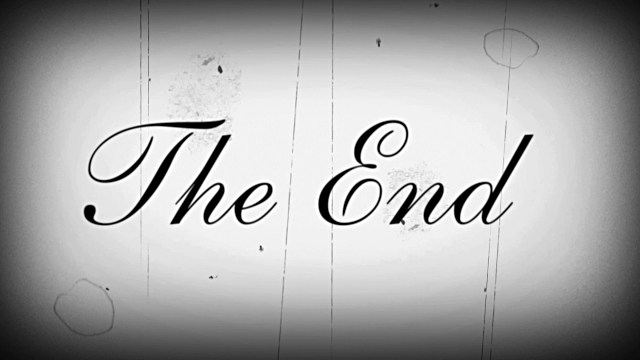I’m nearing the end of my undergraduate education and I’m thinking, “Freedom.”
But then I’m also thinking, “No, this is freedom — privilege, in fact. The next stage is indentured servitude disguised as freedom of choice. Treasure this purgatory. Mourn this end.”
But then, who could forget these three years of misery and anguish, of individual nerve strands plucked one by one, and future generations fucked over by my increasingly necrotic looking epi-genomes? A very final end is near, and I’m currently anticipating it.
Some ends are definitive — you can feel the difference as it manifests in your life. Others are more ambiguous. We often characterize temporal experience into life stages (childhood, adulthood), yet ironically, we find these labels — and the expectations that come with them — unfitting. My father often comments, somewhat mournfully, on how he doesn’t feel his age, and I have yet to meet someone in their twenties who embodies the perception of what they thought this time would be like ten years ago.
That’s why forebodings of the end can often be met with skepticism (“Millenials: the end of reason!”…”Trump, the end of liberal democracy!”)
How can we know what it means for something to end, truly, until it’s passed? What does it mean for a thing to end so decidedly, particularly when we talk about notions as abstract as culture, or modes of thinking?
There’s been lots of discussion about what is ending now, and as 2016 nears a close, we thought it appropriate to explore a concept as nebulous as this.
Join Graphite Publications as we explore the ends of things, but also as we question what those ends really mean.
Gigi xx


